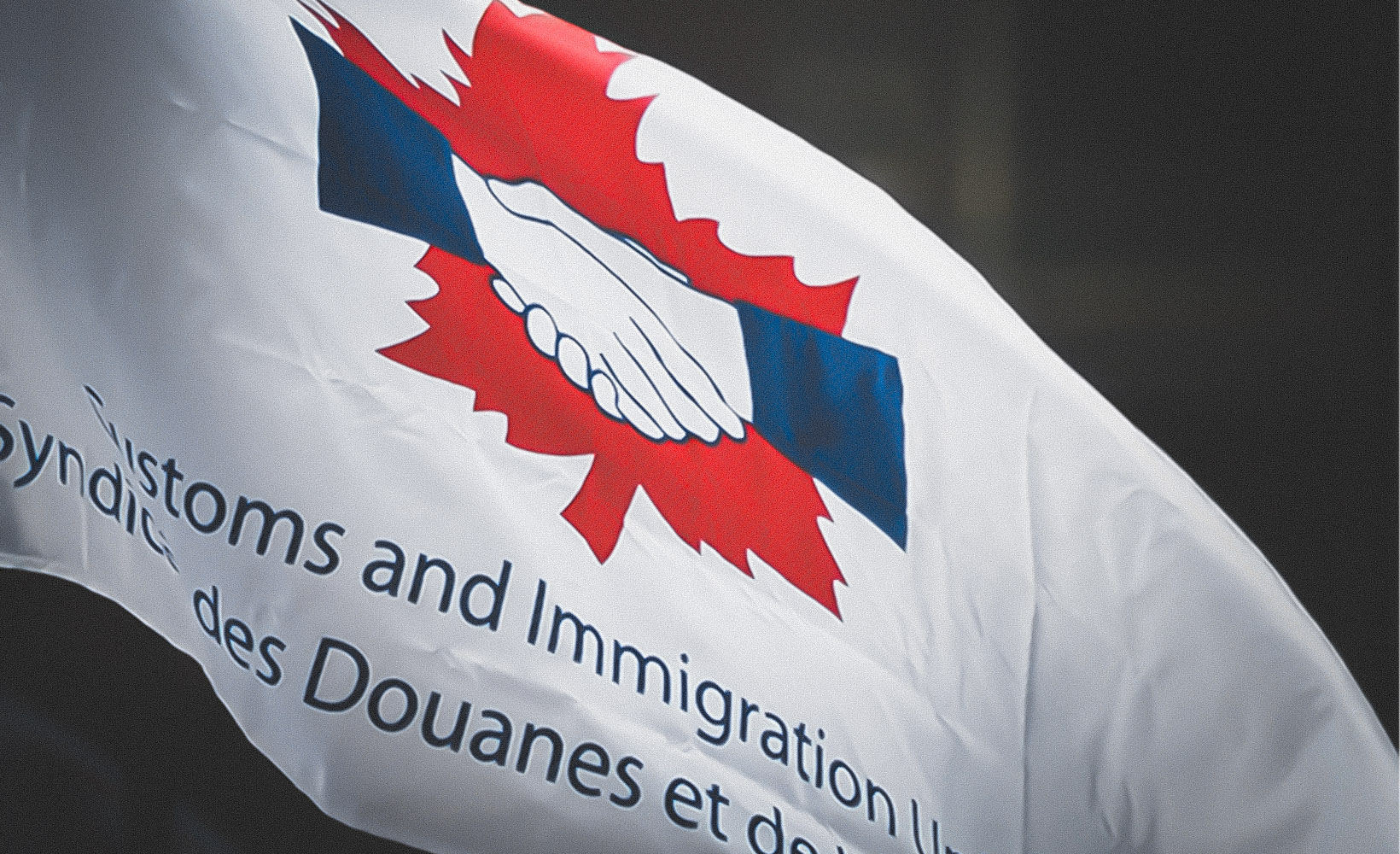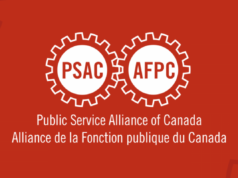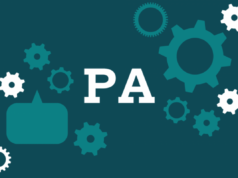In a memo sent to all Canada Border Services Agency (CBSA) employees on April 19, 2024, the Agency announced that the implementation of part of the CBSA Assessment and Revenue Management (CARM) system would be delayed until Fall 2024.
This announcement is source of relief for CBSA officers and personnel across the country. Amongst CIU members, there is near universal consensus about the severe lack of adequate training on CARM just mere days before the system was set to be rolled out on May 13, with potentially disastrous impacts on several industry sectors as well as on the Agency’s ability to deliver services to Canadians. The Agency’s training infrastructure is woefully insufficient, and this has never been more evident than with the CARM project.
What’s more, the report tabled on April 18 by the House of Commons Standing Committee on International Trade also makes clear that CARM simply cannot be implemented without further study on its possible ramifications.
Simply put, as it stands, the CARM project is the cause of great uncertainty for many, as it appears to follow the same patterns established by previous CBSA projects — notably ArriveCAN — where a rushed system is deployed as a solution to a non-existent problem without proper consultation with key actors, including the Agency’s own employees and the union which represents them. Of note, there has yet to be any consultation with the union at the national level regarding CARM.
To see the implementation of CARM delayed, at least in part, is undoubtedly good news.
CBSA shifts the blame
What is troubling, however, is that once again CBSA continues to display the same lack of accountability we’ve come to expect from the Agency’s management. In its April 19 message to its employees, instead of citing the grave concerns that have come to light regarding the project and taking responsibility for its own lack of planning and foresight, the Agency shifts the blame on the ongoing strikes votes for the FB group.
“Given that a Public Service Alliance of Canada strike vote is underway, we know that key parts of our CARM team may be in a legal strike position in the days and weeks after CARM’s planned launch […]. As such, we are able to partially launch CARM given the circumstances” reads the memo.
Despite what CBSA says, a strike is still very far from being an inevitability. By blaming the strike votes for CARM delays, the Agency’s management reveals once more its profound lack of integrity.
Were CBSA and Treasury Board truly concerned about avoiding a potential strike, they would address our demands for a fair collective agreement by providing our FB members with wage parity, protection from contracting out, access to telework, and stronger job security. They would introduce equitable retirement after 25 years of service for CBSA personnel without delay.
This, unlike CARM, is easy to implement.
However, instead of doing what’s right, CBSA would rather mislead the Canadian public about the reasons behind CARM’s failure to launch.
The employer seems keen on pretending that a strike is inevitable. In light of this, CIU will be consulting with legal counsel at PSAC to determine whether the Agency’s statement constitute bad faith bargaining. We will be sure to inform the membership should we need to move forward with further action.





